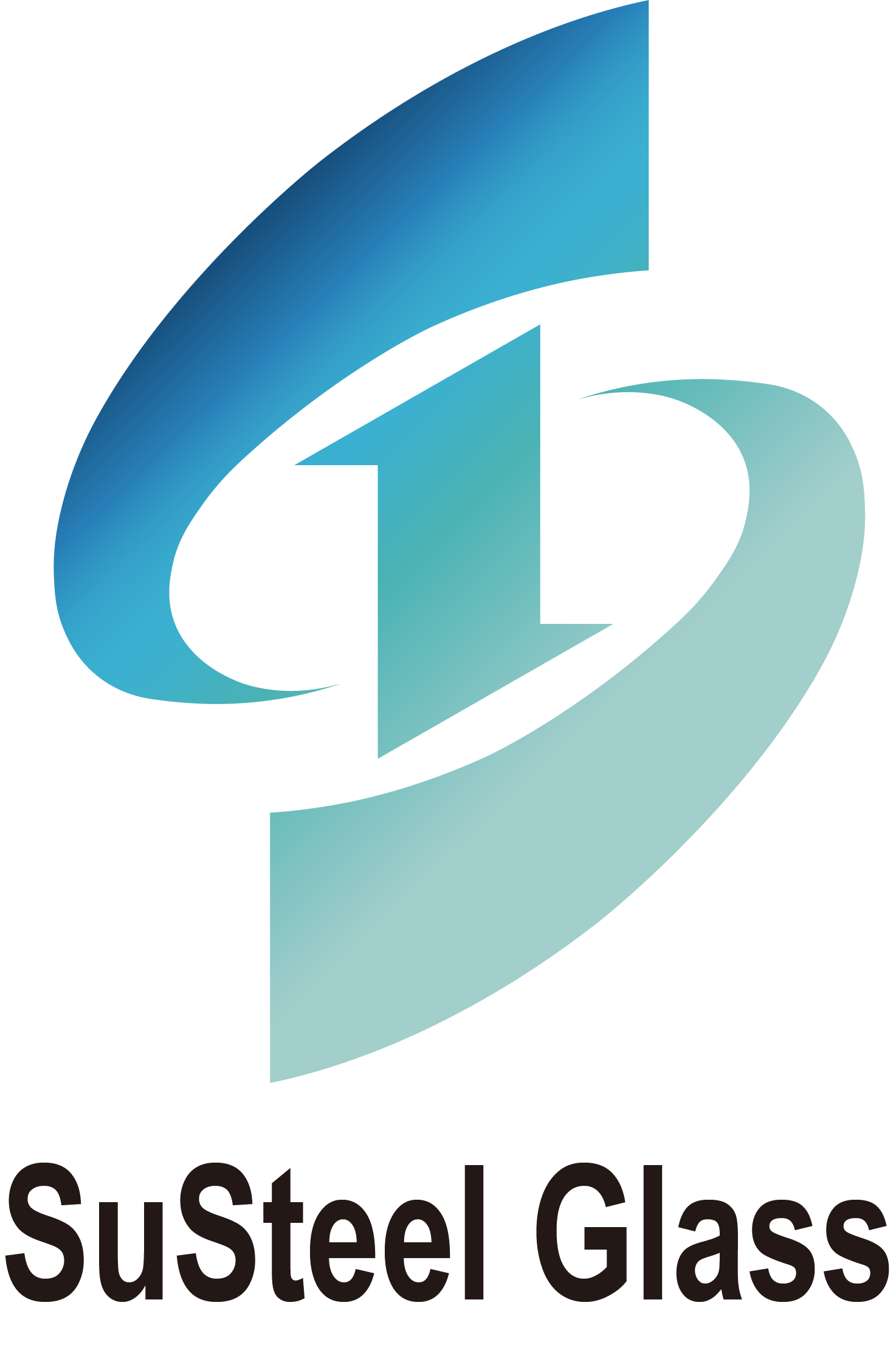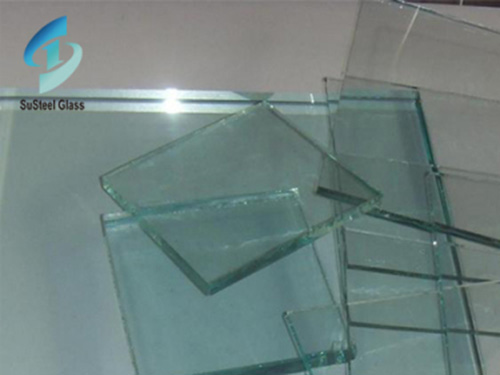
Therefore, it is not only necessary but also necessary to consider the mechanical properties of glass from the Angle of safety such as wind pressure resistance. As for the coated glass itself, there are two main parameters affecting its wind pressure resistance, that is, the single glass area and the thickness of the glass used.
Obviously, in the case of the same thickness, the smaller the area of a single piece of glass, or the larger the aspect ratio, the greater the wind pressure can withstand, and the smaller the vice versa. In practical engineering, the curtain wall is usually selected according to the local wind pressure, which meets the requirements of the partition size or glass thickness; For the window is more according to the area and window frame partition way to determine, choose the thickness.
It can be seen that the selection of thickness is mainly based on the local required compressive strength. This is directly related to the maximum wind speed of the area, the height of the building and the size of the single piece of glass used. If one of the factors changes, the thickness of the coated glass will change accordingly, that is, it will vary from place to place and from building to building.
With the continuous development of high-rise buildings, increasing the thickness of glass alone can not meet the requirements of wind pressure strength. In addition to the insecurity caused by the sharp Angle formed by ordinary glass after breaking at high altitude, the cost of glass thickness increases dramatically, and the corresponding cost of aluminum alloy and other supporting materials also increases significantly.
Laminated glass is made of ordinary coated glass and ordinary transparent glass by a special process. Ordinary civilian glass is generally two or three layers, special purposes can be made according to need. In addition to the characteristics of ordinary coated glass, laminated coated glass compared with tempered coated glass of the same specification, although its wind pressure resistance is worse, but its penetration resistance is dozens of times that of tempered glass. Because of the action of intermediate film, the broken glass will not fall, so its safety is better than toughened glass, especially suitable for the confidential and financial sector. At present, more and more super high-rise buildings use laminated coated glass.
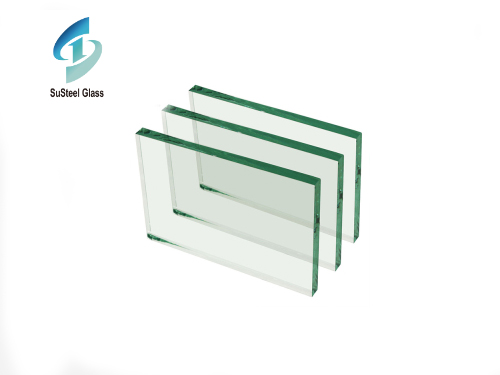 High Purity Tin Ingot: Essential Uses and Key Advantages
High Purity Tin Ingot: Essential Uses and Key Advantages
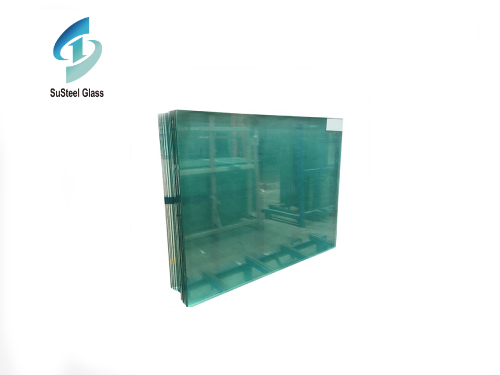 Burglar-Resistant Glass: Enhancing Security and Peace of Mind
Burglar-Resistant Glass: Enhancing Security and Peace of Mind
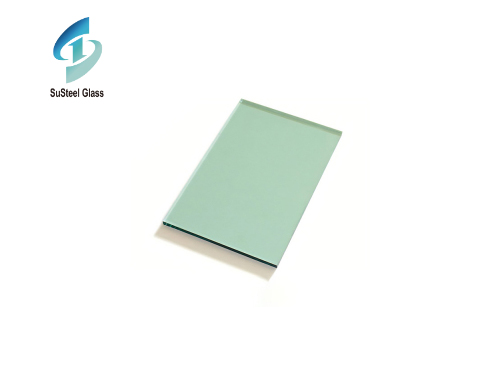 Exploring the World of Green Tinted Glass Products: Versatility and Sustainability
Exploring the World of Green Tinted Glass Products: Versatility and Sustainability

